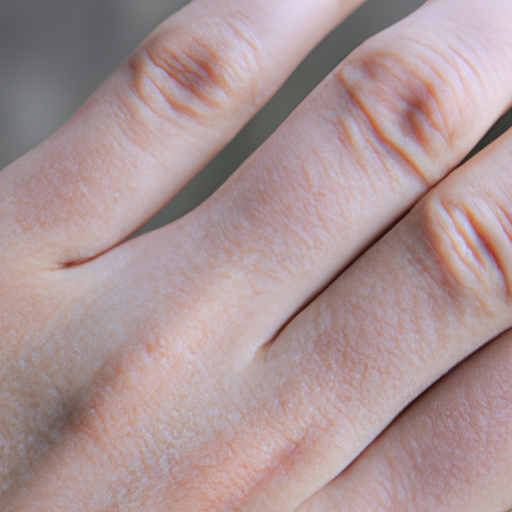As a doctor, I often encounter patients who are plagued by dry skin woes. Dry skin can be a year-round problem, but it tends to worsen during the colder months when humidity levels drop. The discomfort from the constant itchiness and flakiness can be quite distressing. However, there are several proven strategies to help alleviate these symptoms and restore your skin’s health. Here are eight of them:
1. Hydrate: Drinking plenty of water is crucial for overall health, including your skin. It helps to maintain the skin’s elasticity and suppleness, preventing it from becoming dry and flaky.
2. Moisturize Regularly: Apply a good quality moisturizer immediately after bathing and throughout the day as needed. Look for products containing ingredients like hyaluronic acid, ceramides, or glycerin, which can help lock in moisture.
3. Use Gentle, Fragrance-Free Cleansers: Harsh soaps and detergents can strip your skin of its natural oils. Opt for gentle, fragrance-free cleansers that are designed for sensitive skin.
4. Limit Shower Time and Temperature: Long, hot showers can strip the skin of its natural oils leading to dryness. Limit your showers to 10 minutes and use lukewarm water instead.
5. Humidify Your Home: Using a humidifier can help maintain a healthy level of humidity in your home, preventing your skin from drying out.
6. Wear Soft, Breathable Fabrics: Rough, scratchy fabrics can irritate dry, sensitive skin. Opt for clothes made from soft, breathable materials like cotton or silk.
7. Eat a Balanced Diet: Foods rich in omega-3 fatty acids (like fish and walnuts) and antioxidants (like fruits and vegetables) can help improve your skin’s health and keep it hydrated.
8. Consult a Dermatologist: If your dry skin persists despite trying these strategies, it may be time to consult a dermatologist. They can assess your skin condition and recommend a tailored treatment plan.
Remember, everyone’s skin is different. What works for one person might not work for another. It’s important to understand your skin type and its specific needs.
Dry skin can be more than just an annoyance; it can impact your quality of life. But with these eight strategies, you can banish the itch and calm your dry skin woes. As a doctor, I can assure you that these methods are not just theoretical suggestions but proven strategies that have helped many of my patients.
In conclusion, taking care of your skin is an integral part of your overall health. By incorporating these strategies into your daily routine, you can maintain healthy, hydrated skin and say goodbye to the discomfort of dryness. Remember, your skin is the largest organ in your body, and it deserves the utmost care and attention.



